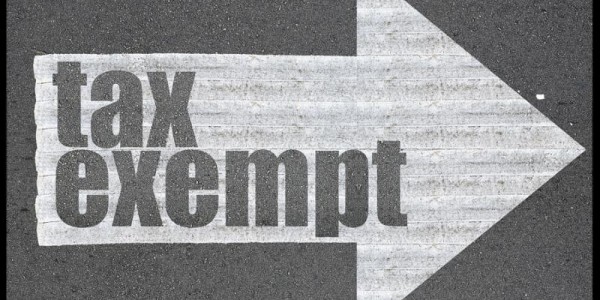The Law Firm of DiOrio & Sereni, LLP, is located in Media, PA and serves clients in and around Media, Glen
Riddle Lima, Brookhaven, Wallingford, Newtown Square, Lenni, Springfield, Swarthmore, Chester, Aston, Bryn Mawr,
Morton, Woodlyn, Broomall, Gradyville, Folsom, Chester Heights, Crum Lynne, Glen Mills, Marcus Hook, Ridley Park,
Drexel Hill, Marple, Bethel, Garnet Valley, Chadds Ford Concord, Chester County, Delaware County, Montgomery County,
Philadelphia County.
Design by GetLegal.com and Bret Black
This web site is designed for general information only. The information presented at this site should not be
construed to be formal legal advice nor the formation of a lawyer/client relationship.
Site Map | Disclaimer













